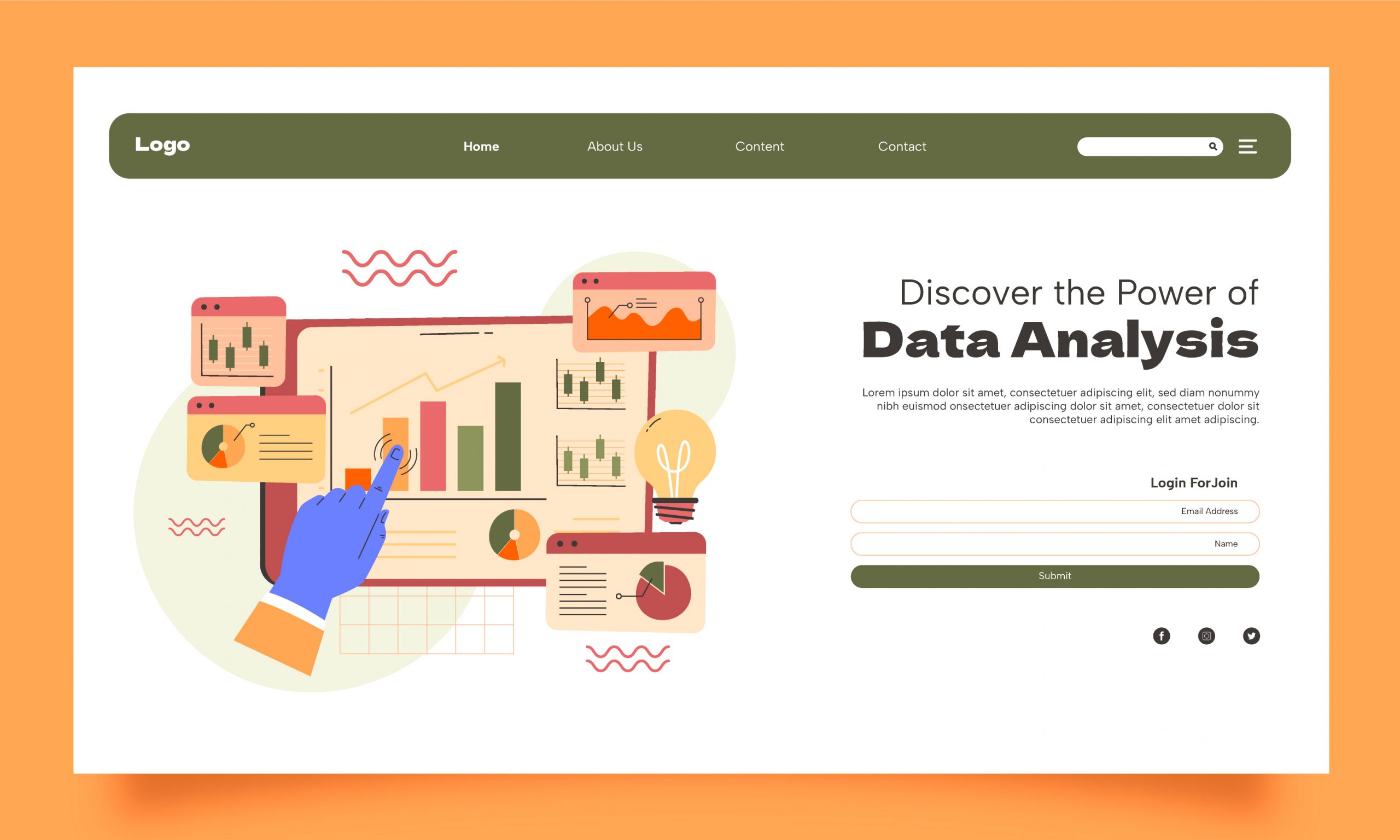In today’s competitive e-commerce landscape, businesses must stay ahead by making data-driven decisions. Leveraging data analytics provides valuable insights that can optimize operations, enhance customer experience, and ultimately drive sales. This blog explores how leveraging data analytics can be a game-changer for e-commerce success.
1. Understanding the Role of Data in E-commerce
Data is the backbone of any e-commerce business. By leveraging data analytics, companies can track customer behavior, preferences, and purchasing patterns. This information allows businesses to tailor their offerings, improving product recommendations, marketing strategies, and overall customer satisfaction. Moreover, data analytics can help identify trends and predict future demands, enabling e-commerce platforms to stay ahead of the curve.
2. Optimizing Marketing Strategies with Data Analytics
One of the most significant benefits of leveraging data analytics is the ability to refine marketing efforts. By analyzing customer data, businesses can segment their audience more effectively and deliver personalized marketing campaigns. This targeted approach increases conversion rates and reduces marketing costs. Additionally, data analytics can track the performance of marketing campaigns in real-time, allowing businesses to adjust their strategies as needed for maximum impact.
3. Enhancing Customer Experience Through Data
Customer experience is crucial in e-commerce, and leveraging data analytics can help businesses provide a seamless shopping experience. By analyzing customer interactions, businesses can identify pain points in the user journey and make necessary improvements. For instance, data analytics can reveal issues with website navigation, checkout processes, or customer service, allowing businesses to address these areas and enhance the overall shopping experience. Moreover, understanding customer preferences through data enables businesses to offer personalized product recommendations, increasing the likelihood of repeat purchases.
4. Boosting Sales with Predictive Analytics
Predictive analytics is a powerful tool that uses historical data to forecast future trends. Leveraging data analytics in this way can help e-commerce businesses anticipate customer needs and stock inventory accordingly. Predictive analytics can also identify which products are likely to be popular during specific seasons or events, allowing businesses to focus their marketing efforts on high-demand items. This proactive approach not only boosts sales but also minimizes the risk of overstocking or stockouts.
5. Addressing Challenges in Data Analytics Implementation
While leveraging data analytics offers numerous benefits, businesses may face challenges in its implementation. Common obstacles include data privacy concerns, the need for specialized skills, and the complexity of integrating data from various sources. To overcome these challenges, businesses should invest in robust data management systems, prioritize data security, and provide training for their teams. Additionally, partnering with experts in data analytics can help businesses navigate these challenges and maximize the benefits of their data-driven strategies.
Conclusion
Leveraging data analytics is essential for e-commerce success in today’s digital age. By harnessing the power of data, businesses can optimize their marketing strategies, enhance customer experience, and drive sales. As e-commerce continues to evolve, staying ahead with data-driven insights will be key to maintaining a competitive edge. For more information on how to leverage data analytics for your e-commerce business, visit Bedots.
Read more: The Benefits of Drop Shipping for E-commerce Businesses



